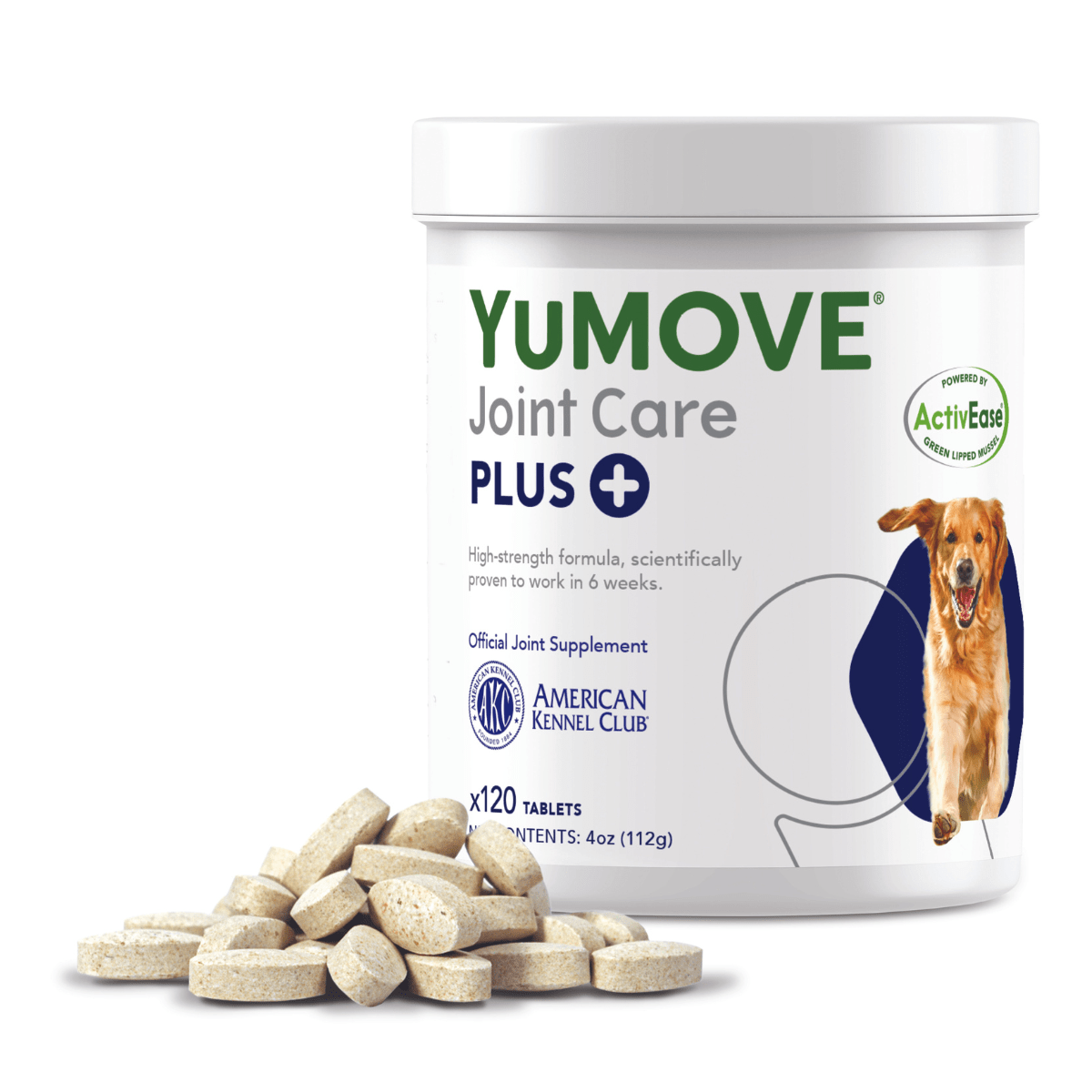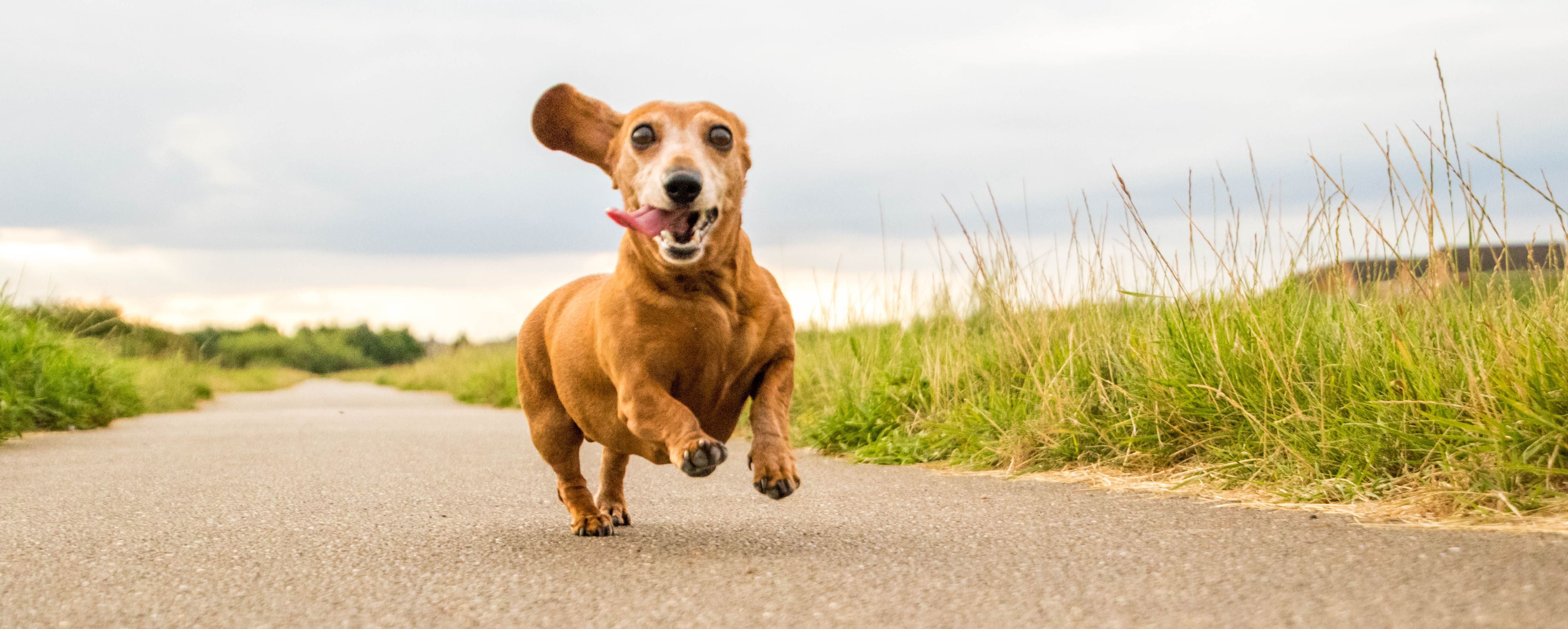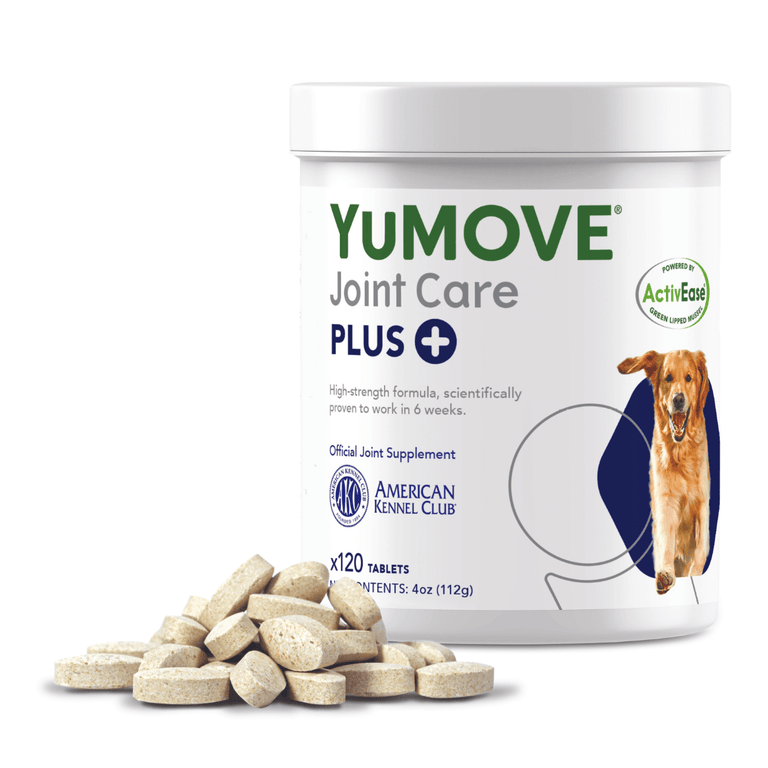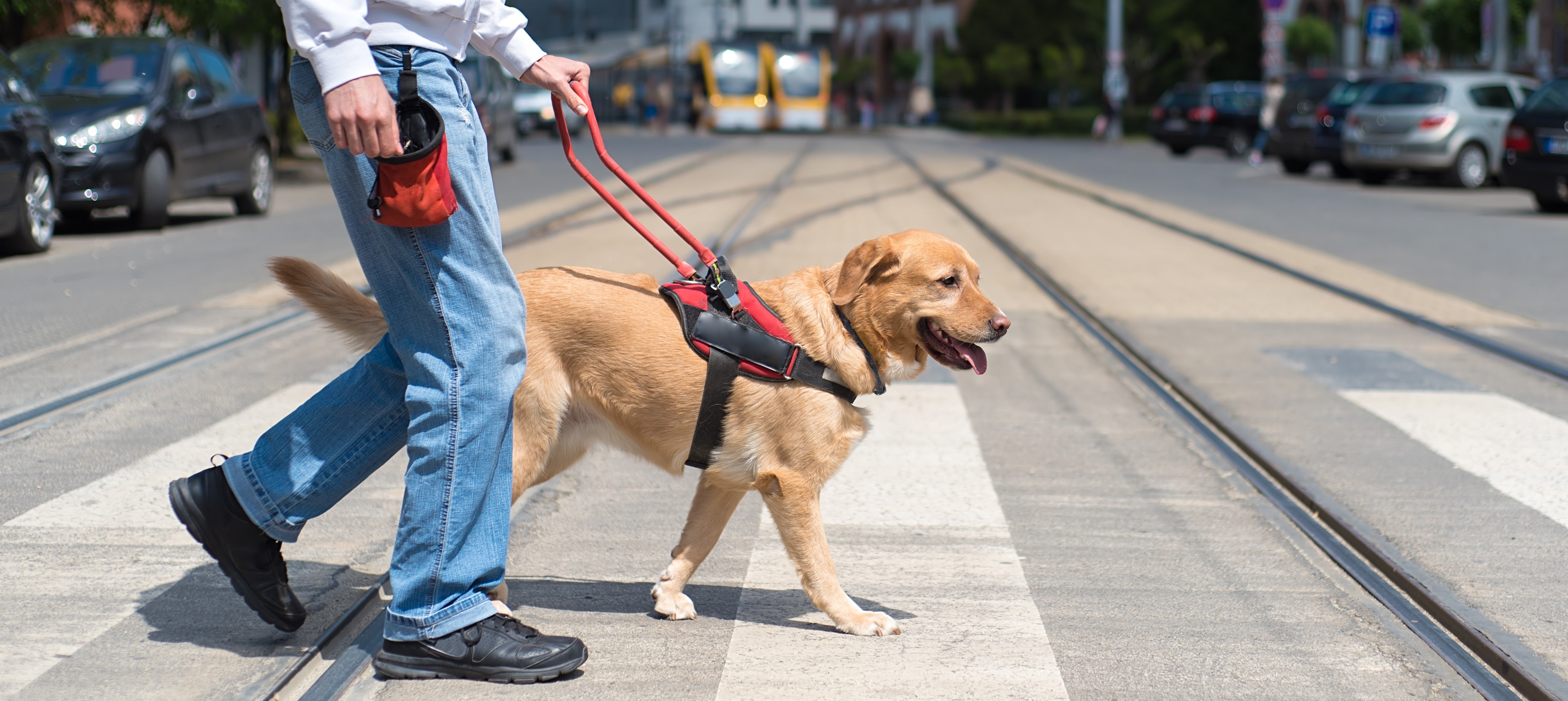Got an older kitty who's not leaping onto the windowsill or dashing around like they used to? Your cat might be experiencing stiff joints, making those high jumps and quick sprints a bit more challenging. Don't worry, we've got the scoop on how to spot this and keep your cat active into their golden years.
We're head over heels for our feline friends – whether it's their feisty independence, their zest for life, or their adorable quirks that make each one unique. So when you notice your usually active cat is taking things a bit slower, it might be time to check on their joint health. As cats gracefully age, their joints can become less flexible, and they could use some extra love and care to stay agile.
Wondering what to look out for and how you can help? Keep reading to find out more...
Have you noticed your elderly cat is more irritable?
If your cat shows signs of occasional stiffness when they walk, stretch or try to groom, you might find they may be more irritable. Keep an eye out for the following signs:
- Is your cat hissing or snapping when you pick them up? You might be putting pressure on stiff joints without realizing it.
- And if your usually cuddly kitty is playing hard-to-get, avoiding coming near you, it could be because moving around feels trickier. They're probably trying to steer clear of any situation that might make their stiffness worse.
Joint supplements specially designed for cats – such as YuMOVE Joint Care for Senior Cats – contain high-quality ingredients like Green Lipped Mussel, a great source of Omega-3, and a source of Chondroitin, which helps support joint structures.
Has your cat stopped grooming?

When your cat's fur starts looking messy, it's often a sign something's up. Stiff joints might be making it more difficult for them to clean themselves like they used to. While it’s important to go visit your veterinarian first (to check whether they’re something else behind their behavior, such as dental issues), here's how you can help if joint stiffness is to blame…
- Check out joint supplements for cats like YuMOVE Joint Care for Senior Cats. It contains high-quality ingredients like Green Lipped Mussel and Glucosamine to help support your kitty’s stiff joints.
- Be your cat's personal stylist! Brush them often to keep their fur smooth and clean. For that extra shine, consider a professional cat grooming session.
Is your cat sleeping more than usual?

Cats are sleep champions, clocking in around 16 hours of snooze time each day. But if your fur baby is napping even more than that, it could be a sign of joint stiffness especially in older cats. So, what's going on?
- Joint stiffness can be tiring – Cats use their joints all the time, so if they're feeling stiff, your cat will need more rest. Consider giving them YuMOVE Joint Care for Senior Cats supplements to help keep them moving freely.
- Gaining weight? Less movement can mean more pounds. A quick visit to your veterinarian for a weigh-in and diet check can help get your cat back in shape.
Has your cat stopped jumping up?
Cats are natural acrobats, leaping to and from high spots like it's no big deal. But what if you notice your agile kitty isn't making those jumps anymore, or seems hesitant? Stiff joints could be holding them back from their high-flying antics. Here's how to help:
- Glucosamine for cats – This is an ingredient in joint supplements like YuMOVE Joint Care for Senior Cats. Glucosamine helps provide the building blocks of cartilage which, in turn, helps maintain healthy joints by supporting joint structure. And it’s those healthy joints that keeps your cat jumping up and down from their usual perches.
- Build a cat-friendly staircase – Your cat doesn't have to miss out on their favorite high-up spots. Arrange stools, boxes, or purpose-built pet steps near windowsills or beds. These can act as mini staircases, allowing your cat to climb freely and easily.
- Time for a vet visit – If any of these signs seem familiar, it's a good idea to consult your veterinarian. They can give your cat a thorough check-up and may recommend a course of action based on your observations.









